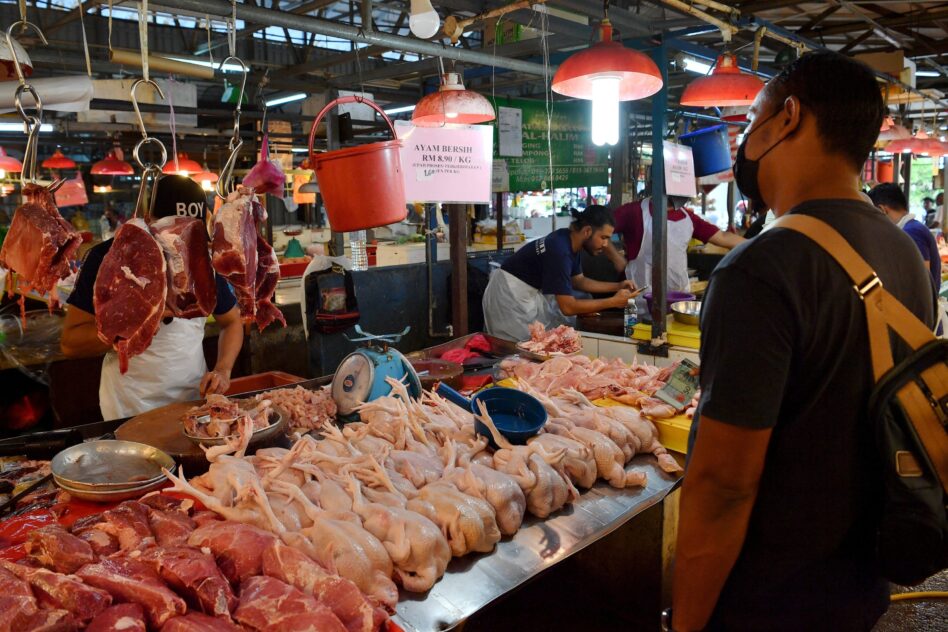INTERNATIONAL courier, parcel and express mail service provider DHL International published a white paper on securing a stable supply chain for vaccines and medical goods during Covid-19, with McKinsey & Company as its analytics partner.
The study showed that the partnerships between various public and private sectors would be required in order to meet the requirements of delivering the vaccines globally.
Logistics providers are challenged to rapidly establish medical supply chains to deliver more than ten billion doses of Covid-19 vaccines worldwide, as first emergency use authorisations are expected to be effective in the last quarter of 2020.
Currently, more than 250 vaccines across seven platforms are being developed and trialed.
As Covid-19 vaccines have leapfrogged development phases, stringent temperature requirements (up to -80°C) are likely to be imposed for certain vaccines to ensure that their efficacy is maintained during transportation and warehousing.
This poses novel logistics challenges to the existing medical supply chain that conventionally distributes vaccines at around 2 to -8°C.
In the paper, DHL evaluates how the transport of vaccines as a highly temperature-sensitive product can be managed effectively to combat the further spread of the virus.
It also highlights the immense scope of the task in order to cater to the global demand, such as providing up to 200,000 pallet shipments, making around 15 million deliveries in cooling boxes as well as going through 15,000 flights around the world, apart from establishing various supply chain set-ups.
“A a world leader in logistics, we want to share our experience of operating during one of the biggest health crises in recent history, in order to develop strategies in an ever-more connected world,” DHL chief commercial officer Katja Busch said in a press release today.
“Over the past few months, we have demonstrated that sufficient planning and appropriate partnerships within the supply chain can play a key role as governments work to secure critical medical supplies during health emergencies such as this,” she added.
Since the outbreak of the pandemic, demand for medical supplies has surged.
Because of the outbreak, UNICEF sourced 100 times more face masks and 2,000 times more medical gloves compared to the year 2019.
For personal protective equipment (PPE) specifically, inbound logistics were a major challenge due to geographically concentrated production, limited airfreight capacity and a lack of inbound quality checks.
Therefore, to ensure stable medical supply in a future health crisis, a comprehensive setup of public health crisis strategies and structures needs to be established by governments with partnerships from both public and private sectors.
“From the onset, Asia was in the cockpit of the supply race with millions of PPE and test kits shipped out of China and South Korea,” DHL customer solutions and innovation APAC head of life science and healthcare Leonora Lim.
However, Lim said that the delivery of vaccines would be a ‘completely different ball game’, considering the scale of distribution and strict temperature requirements.
Nevertheless, Lim believes that it is still possible through close partnerships between public and private sectors.
To kick-start the dialogue among the different actors and improve pandemic resilience in medical supply logistics, DHL provided a framework for the cooperation of logistics companies with authorities, politicians, NGOs as well as the life sciences industry.
The framework helps to establish measures to ensure the most stable and safe supply chains possible. – Sept 7, 2020










